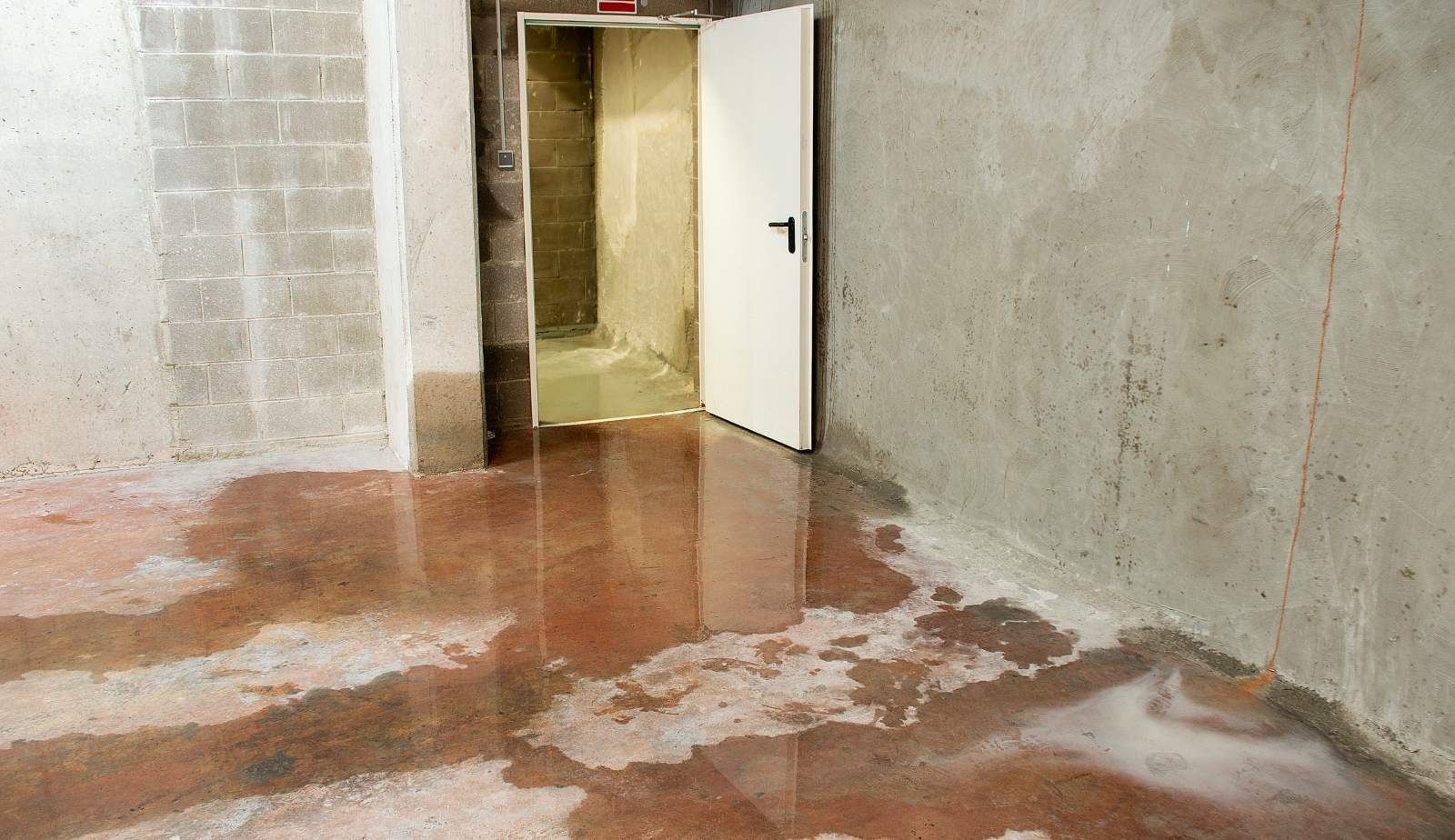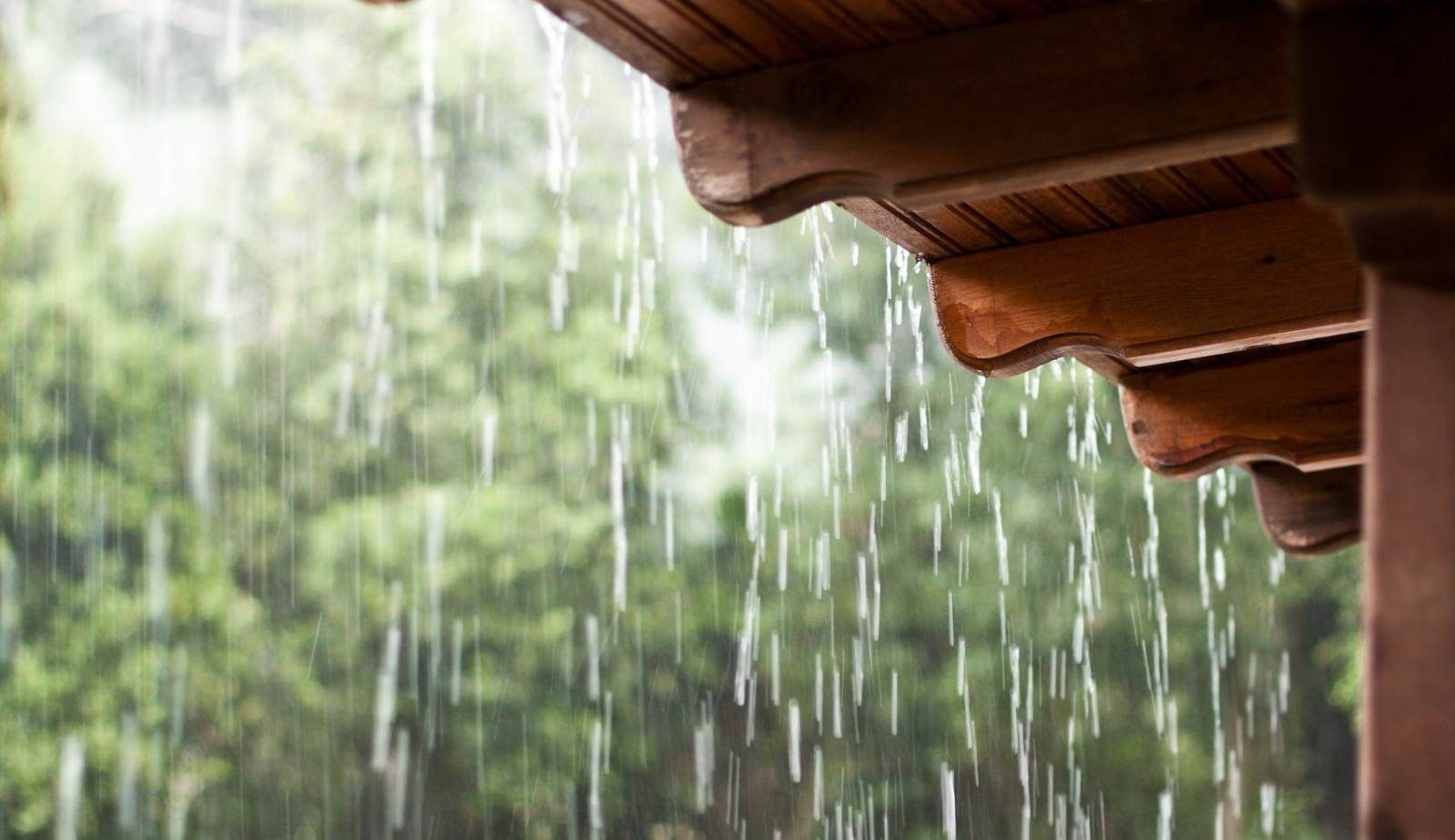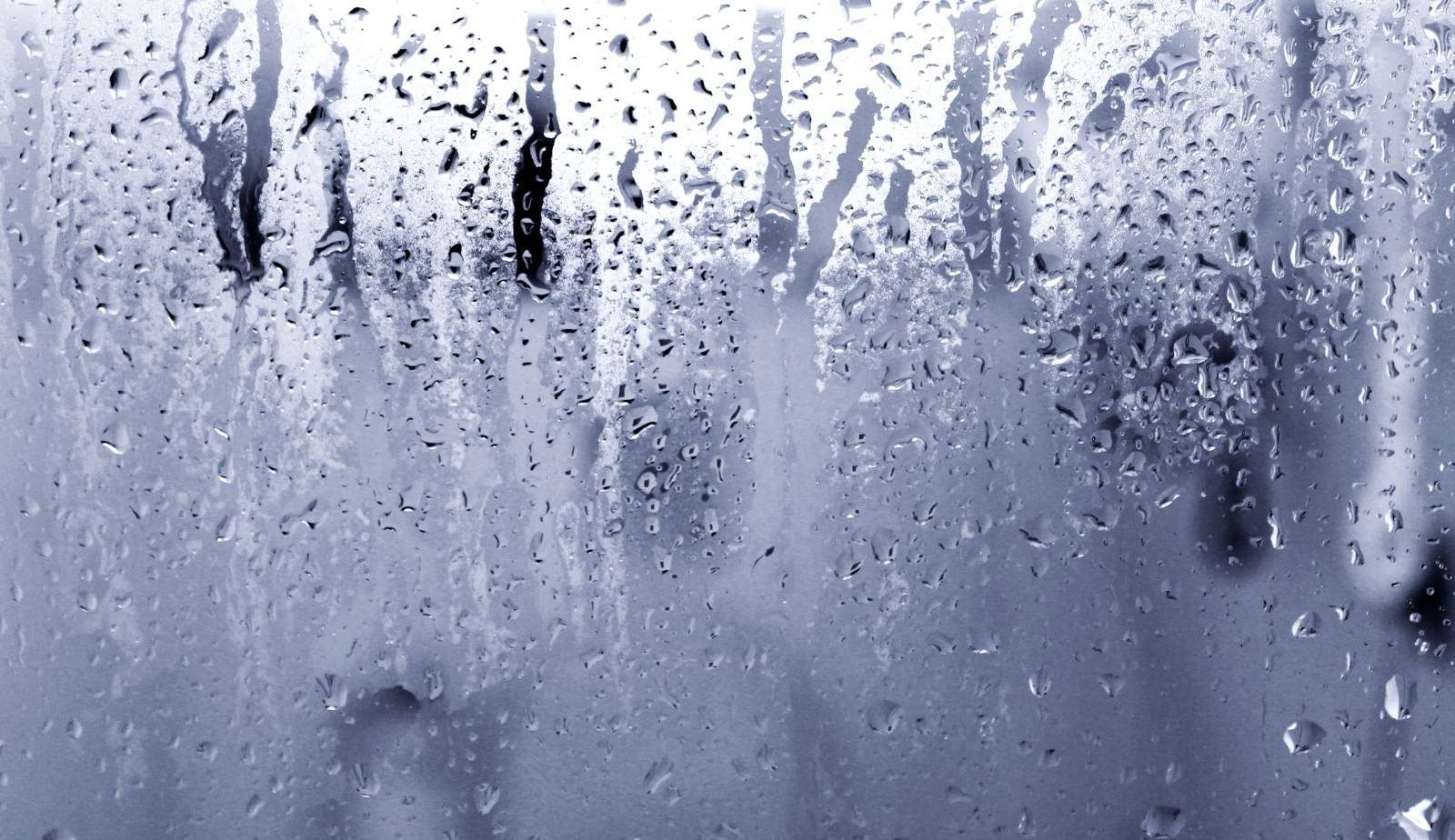How Serious is Water Damage in my Baton Rouge Home?
Water damage in a home can be a severe issue that can have long-lasting consequences if not addressed promptly and adequately. Homeowners need to understand the potential dangers of water damage and the steps that need to be taken to minimize the damage and prevent future problems.
The Causes of Home Water Damage
Various sources, including leaks in pipes, overflowing sinks, toilets or bathtubs, heavy rains, or damaged roofs, can cause water damage. It can also result from a natural disaster like a flood or hurricane. Regardless of the source, the critical factor in all water damage scenarios is the time water is allowed to sit in the home. The longer the water is allowed to stand, the greater the potential for damage.
The Dangers of Home Water Damage
The dangers of water damage are numerous, and it is essential to address them promptly to minimize damage and prevent long-term consequences. Some of the most significant dangers of home water damage include:
1. Mold Growth: When water is allowed to sit in a home, it creates the perfect environment for mold to grow. Mold can cause serious health problems, especially for those with allergies or respiratory issues.
2. Structural Damage: Water can weaken the structure of a home, causing it to become unstable and potentially risk the safety of the occupants.
3. Electrical Damage: Water and electricity do not mix; even a small amount of water can cause electrical damage to appliances and electronics.
4. Health Risks: Water damage can also lead to health risks by spreading bacteria and other harmful substances throughout the home.
Steps to Minimize Home Water Damage
To minimize the potential for water damage in a home, it is essential to take the following steps:
1. Conduct Regular Inspections: Regular inspections of pipes, plumbing, and roofing should be conducted to identify and repair any potential sources of water damage.
2. Address Leaks Promptly: Any leaks in the home should be addressed promptly to prevent water damage from occurring.
3. Install Water Alarms: Installing water alarms can alert homeowners to the presence of water in the home, even when they are not present.
4. Address Flooding Immediately: If flooding occurs, acting quickly to remove the water and dry the affected areas is essential.
5. Properly Store Hazardous Materials: Hazardous materials, such as chemicals and cleaning supplies, should be stored in a safe, dry place to prevent contamination from water damage.
Home water damage can have serious consequences if not addressed promptly and properly. It is essential for homeowners to understand the potential dangers of water damage and to take the necessary steps to minimize the damage and prevent long-term consequences. By conducting regular inspections, addressing leaks promptly, installing water alarms, addressing flooding immediately, and properly storing hazardous materials, homeowners can protect their homes and families from water damage’s dangers.




